
28 Apr 2024

TMZ Presents: The Downfall of Diddy
A series of lawsuits and allegations have legendary rap mogul P. Diddy on the ropes. TMZ has the troubling inside story from people who were there.
Exposing Australia’s involvement in the dark world of human trafficking.
Self

28 Apr 2024

A series of lawsuits and allegations have legendary rap mogul P. Diddy on the ropes. TMZ has the troubling inside story from people who were there.

27 Jun 1964

The film documents modern slave trade through a number of African countries, under dictatorship rule. The filming was conducted both in public places, and sometimes with the use of hidden cameras, for high impact scenes of nudity, sex, and violence - and a few surprises, as slaves made out of peregrins to Asia, and slave traders paid in traveller checks.
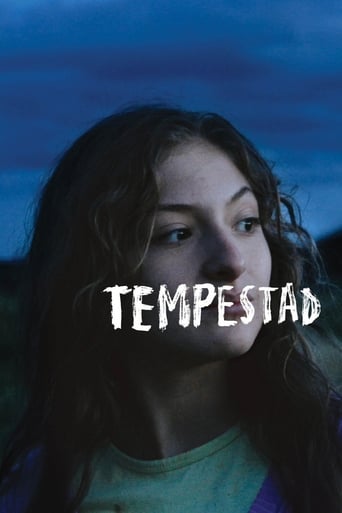
19 May 2017

A woman is recruited to a prison controlled by organized crime while another woman searches for her missing daughter. Through images that submerges us in a journey from north to south Mexico, both testimonies collide and take us to the center of a storm: a country where violence has taken control of our lives, our desires and our dreams.
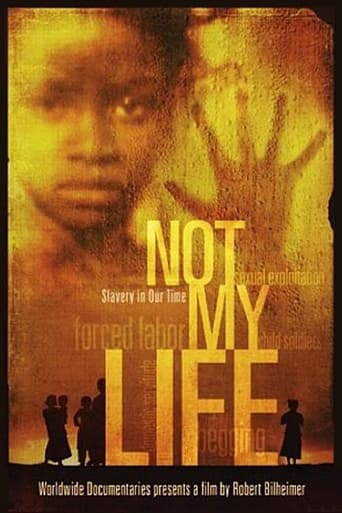
28 Oct 2011

Not My Life comprehensively depicts the cruel and dehumanizing practices of human trafficking and modern slavery on a global scale. Filmed on five continents, in a dozen countries, Not My Life takes viewers into a world where millions of children are exploited through an astonishing array of practices including forced labor, sex tourism, sexual exploitation, and child soldiering.
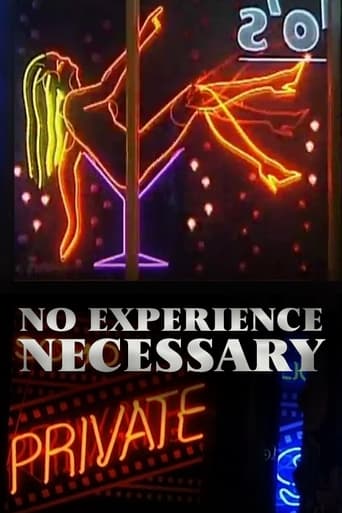
23 Sep 2000

An estimated half a million women are being transported to Western Europe by sex traffickers every year. It's a multi-million pound business where, for the traffickers, the rewards are high and the risks are low. But, for the girls, the consequences are brutal and potentially dangerous. Following a route which begins in the former Soviet Republic of Latvia and leads to Denmark, Ireland and the UK, Sue Lloyd-Roberts uncovers a murky, cruel world in which employment agencies seduce young women with false promises, unscrupulous pimps abuse them and the police and judiciary turn a blind eye to this contemporary form of slavery.
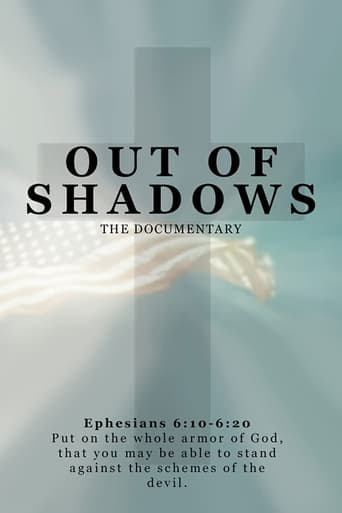
11 Apr 2020

An exposé on how Hollywood and the mainstream media manipulate the multitudes by spreading propaganda throughout their content.
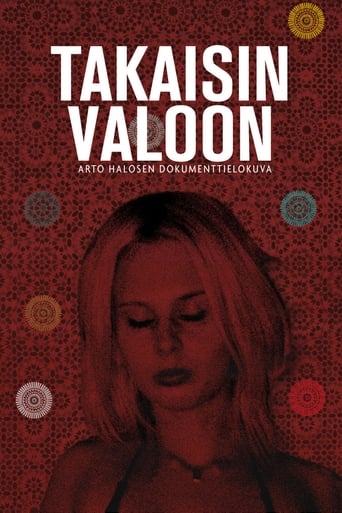
19 Oct 2018

Marissa, a 25-year-old woman, goes through an unimaginable journey trying to maintain her sense of self after becoming a victim of human trafficking and sex slavery.
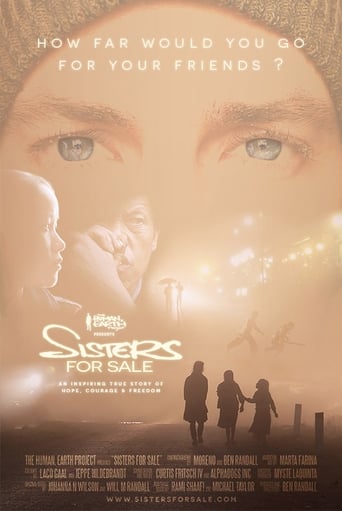
16 Jan 2019

Returning to the mountains of northern Vietnam to investigate the mysterious abduction of his teenaged friends, an Australian filmmaker uncovers a local human trafficking crisis, and sparks an incredible series of events. Sisters For Sale is a powerful, very personal story exploring the complex realities of human trafficking; an inspiring true story of hope, courage and freedom, with the power to make a real difference.

31 Aug 2018

Ghost Fleet follows a small group of activists who risk their lives on remote Indonesian islands to find justice and freedom for the enslaved fishermen who feed the world’s insatiable appetite for seafood. Bangkok-based Patima Tungpuchayakul, a Thai abolitionist, has committed her life to helping these “lost” men return home. Facing illness, death threats, corruption, and complacency, Patima’s fearless determination for justice inspires her nation and the world.
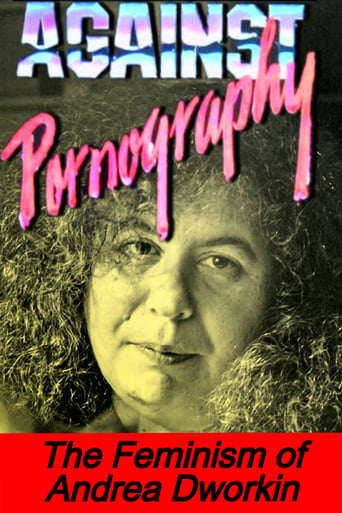
25 Oct 1991

Radical feminist Andrea Dworkin's expose on the pornography industry.
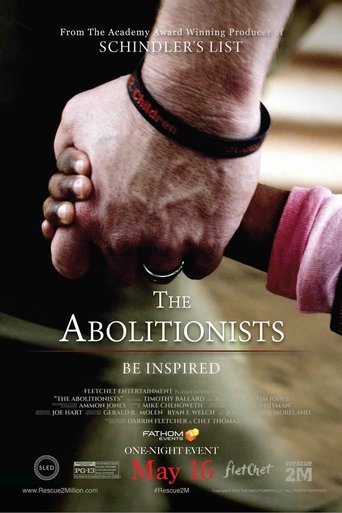
16 May 2016

On December 10th, 2013 Special Agent Tim Ballard turned in his Homeland Security badge and resigned from his employment with the United States government. He had spent over a decade rescuing children from child sex tourism both domestically and overseas. Though his job was difficult, he was proud that his country was one of very few in the world who was actually doing anything about this problem. However, mired in red tape and bureaucracy, Tim left to begin saving the children that he saw falling out of the purview of the US government. These children constitute over 90% of the children lost to child sex slavery and he could do nothing to help them while in the employment of the US government. This is a story about the lost children and the OURrescue.com jump team's exploits as they investigate and liberate enslaved children from around the world.
25 Sep 2014
Filmmaker Luigi Acquisto and two young sisters help former Australian police and Special Forces officers rescue children from Filipino sex bars, and investigate the man who allegedly abused their younger sister.
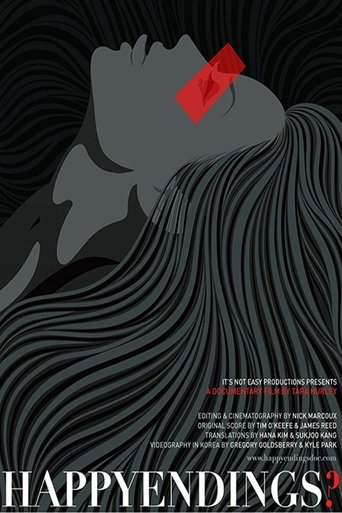
01 Mar 2009

An intriguing exploration of the Asian massage parlor industry in Providence, RI, where a 25 year-old loophole has made the exchange of sex for money legal - as long as it happens behind closed doors. As the documentary follows a recent Korean immigrant, "Heather", working to operate her spa, the city's mayor fights to change the law that allows her business a legal existence. The film includes interviews with Korean women who work in spas, clients who frequent the spas, politicians from 1980 and today, police, local news footage, radio call-in shows and "voiced" reviews from inter-net escort review boards.
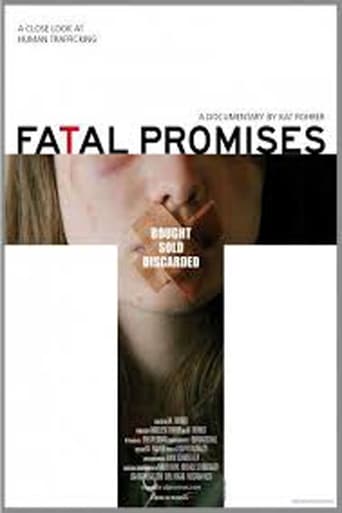
01 Apr 2009

Every year, an estimated 800,000 persons are trafficked across international borders and forced into sexual or labour servitude. Estimates are that as many as 32 million people yearly are held in slave-like conditions for sexual or labour exploitation, 2.4 million of these individuals as a result of being trafficked. They are promised good jobs or pay, but end up forced into prostitution or working in servitude for no pay. They are emotionally and physically brutalized, starved, forced to work extremely long hours, stripped of their passports and locked away, and eventually discarded or worse, murdered. Eight years after the United Nations established the Palermo Protocol to Prevent, Suppress and Punish Trafficking in Persons, "Fatal Promises" offers a comprehensive look at the realities on the ground versus the rhetoric of today.
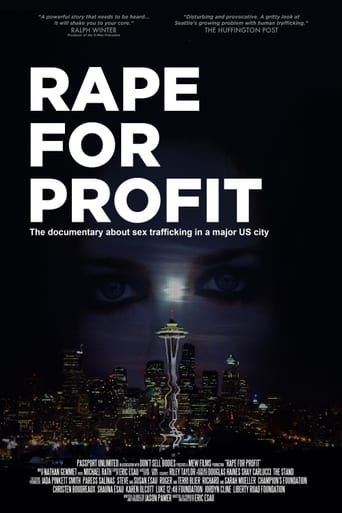
07 Dec 2012

An up-close look at the true nature of the sex trade. The film unveils a growing problem in major U.S. cities where girls as young as 12 years old are bought and sold as many as 15 times a night to service the desires of men. Experience the shocking truth and follow several heroes as they fight to end this modern-day slavery and stop the next generation of buyers.
08 Dec 2012
Ever since it was revealed that the chocolate industry is involved with child slavery in the Ivory Coast, the industry has been busy – due to consumer demands – explaining what exactly it does to actively fight trafficking and child labour. But does the industry live up to its own promises?In this investigative film, director Miki Mistrati tries to find out, if the chocolate industry – which is one of the largest corporations in the world – speak the truth, when they say that they provide education, medical care etc for the children of the Ivory Coast. But the project runs into trouble already from the get-go, because the embassy of the Ivory Coast won’t let Miki enter the country until he has an invitation – from the chocolate industry.
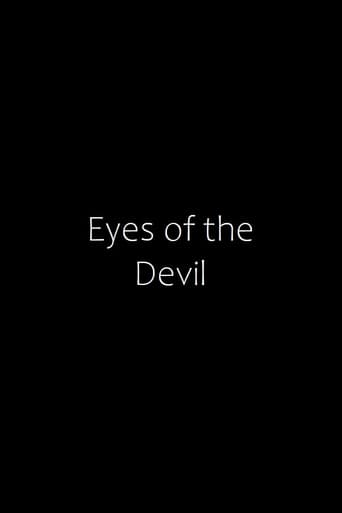
02 Feb 2021

Exploring the underground world of trafficking, where children are used for prostitution and organ harvesting. Patryk Vega interviews a mother who intends on selling her unborn child to traffickers.

09 Jan 2003

Lukas Moodysson's acclaimed film Lilja 4-ever, seen by 100,000's of moviegoers is based on a real life story. The film's Lily was in fact called Danguole Rasalaites and came from Lithuania to Sweden when she was 16 years old. She was stripped of her passport and held captive in an apartment in Malmö where she was forced into prostitution.
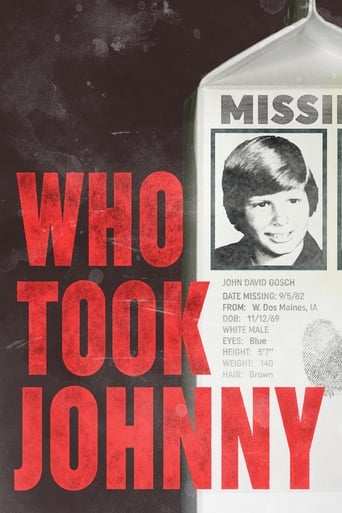
17 Jan 2014

An examination of the infamous thirty-year-old cold case of Iowa paperboy Johnny Gosch, the first missing child to appear on a milk carton. The film focuses on Johnny’s mother, Noreen Gosch, and her relentless quest to find the truth about what happened to her son. Along the way there have been mysterious sightings, bizarre revelations, and a confrontation with a person who claims to have helped abduct Johnny.
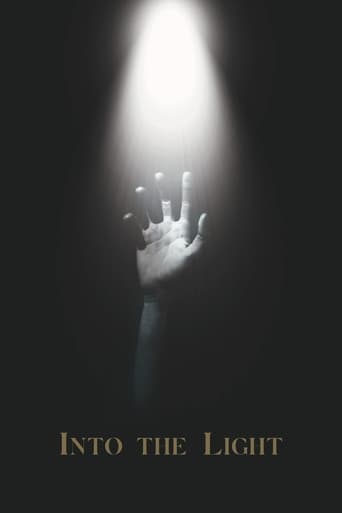
04 Aug 2023

From the creators of Out of Shadows, we bring you Into the Light. Into the Light is a movie made to bring to surface that psychological operations are present and active in today's society. Into the Light will feature experts in psychological operations and mainstream media manipulation such as, General Michael Flynn, Lara Logan, Brian Gamble, Dr. Keith Rose, Boone Cutler and Mike Smith. This project brings an unbiased viewpoint to the control being done through psychological operations. We hope that this movie brings to light the problems that need to be addressed. Our goal is to activate a community of people who are not afraid to stand up for the truth and make a change. Enjoy!